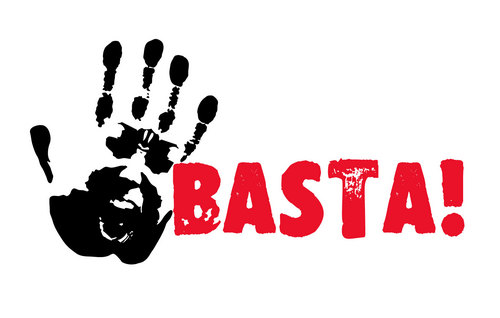It’s time for another monthly reading list! For this month, I’ve been turning to a bit more fiction, as well as some more literary non-fiction. Now that we’re more than a year into COVID-19, I’m thinking a bit about what I’d be reading in a coffee shop. I think most of these would make great coffee shop books.
David Bakhurst – Consciousness and Revolution in Soviet Philosophy
So, I bought this book a long time ago. I think I bought it for a Russian philosophy course I audited in grad school. But I finally got around to reading it, and I’m glad I did!
Bakhurst presents Soviet philosophy as often parallel to Western philosophy over the same period. Much like mid-20th century U.S. and European philosophy, Soviet philosophy turned to the task of reconciling a material world – and the de-emphasis of Cartesianism that comes along with it – with an attention to everyday social practices. In analytic philosophy, philosophers like J.L. Austin, W.V.O. Quine, and Wittgenstein led this work, while in continental European philosophy, Heidegger took the lead.
Things were a bit more complicated in the Soviet Union, both philosophically and politically. Bakhurst situates Soviet philosophy within those same social forces. At the same time, he also shows how Soviet philosophy worked within a Marxism framework – both the Marxism of Marx himself and the versions of it preferred by the Soviet state.
George H. Collier and Elizabeth Lowery Quaratiello – Basta! Land and The Zapatista Rebellion in Chiapas; Tom Hayden (ed.) – The Zapatista Reader
I added these two books as a double-feature: two books on the Zapatista uprising in Chiapas!
For many leftists of my generation (late Gen X/early Millennial), the Zapatista uprising in Chiapas was both an important historical moment and important to our personal development. Despite the fact it happened 26 years ago, I still see the influence in my own life and work to this day. I’m a far more anarchist/libertarian socialist leaning leftist than I’d have otherwise been, for one. I even use a bit of EZLN material on this blog and on the blog’s twitter page, for another.
But these two books do a great job showing the reaction to the uprising from the international level (Hayden’s edited volume) and explaining the historical causes of the uprising (Collier and Quaratiello’s book). Plus, in an era where the left risks boxing itself in our running out of ideas, Zapatista creativity can once again inspire us.
Lillian Li – Number One Chinese Restaurant
Li’s novel tells the story of a Chinese immigrant family and its restaurant – a restaurant the family passes down from one generation to the next. Along the way, the family interacts with a cross-section of U.S. culture – both immigrant and native-born. Their interactions run a spectrum from positive to negative, from adoring customers to elements of the Chinese mafia.
I enjoyed Li’s novel quite a bit. She captures both a broader immigrant experience and the particularities of Chinese immigrants with ties to a specific region of China. And she tells a genuinely funny story. Some of the characters are a bit zany, but never so zany that Li loses track of the point.
Barack Obama – A Promised Land
Readers shouldn’t act surprised to discover I’m no fan of the Obama presidency. I thought he sold the country more status quo under the bright headline of ‘hope and change.’ But Obama is a great writer, and I learned quite a bit from reading his take on his own presidency and political history. He tells the story of his path from demanding radical change as a young man to accepting every manner of political compromise as a middle-aged man.
No, that’s not how Obama put it. But it’s not hard to find in the text. And while Obama remains too polite to say so, I think his book shed great light on how and why Democrats have failed since he left office.
Anna Wiener – Uncanny Valley
Wiener began her career as a poet, and then she pivoted, moving first to Silicon Valley as a tech worker and finally as a tech journalist.
None of that sounds like promising memoir material. Frankly, I thought it sounded like yet another tech industry vanity project. Luckily I was wrong.
Wiener effectively captures just how…’off’ Silicon Valley is. In doing so, she does justice to the ‘uncanny valley’ of her book’s title. Without lapsing into half-baked politics or moralizing, she does a great job showing just what’s wrong with tech and why none of us should trust the tech industry to lead the way to the future.
